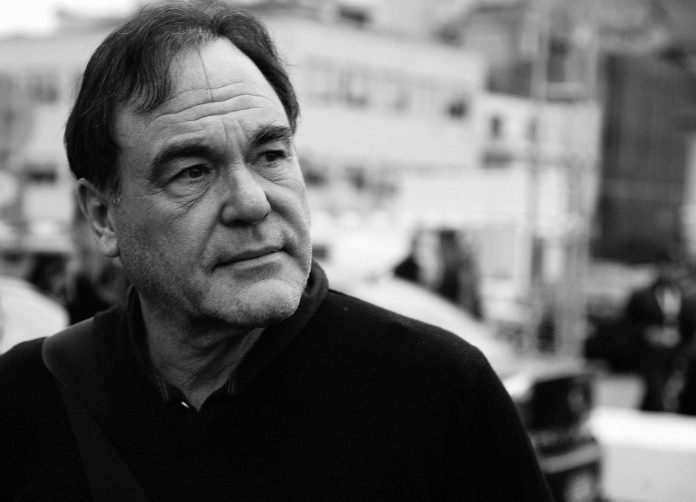“There is a big confusion between nuclear war and nuclear energy: the danger comes from nuclear war radiation and disasters caused by climate change, not from atomic power plants, which are safe and generate cleaner energy than coal and oil.” Oliver Stone has no doubt and, accompanied by Joshua Goldstein, co-author with Staffan A. Qvist of the volume A Bright Future, he sings the unqualified praises of atomic energy in Nuclear, a documentary in which, without any contradiction, he explains that “the dangers of radiation are infinitely less than those caused by coal, which is responsible for half a million deaths a year.”
Excuse me Stone, but what about nuclear accidents? Chernobyl is still desolate, Fukushima is uninhabited, and now there is the risk of nuclear power plants in Ukraine collapsing under missile strikes.
“These are the usual objections that are always made, like when people say, ‘what if someone accidentally starts a nuclear war?’ Actually in Chernobyl people have come back, in Fukushima the trees have come back to bloom, although people are not coming back to live there because they are afraid. As for the power plants in Ukraine you have to keep in mind that there are so many levels of safety that you could even crash an airliner into one of them without causing damage and dispersion, and yet instead of talking about who dies in that war, we worry about the power plants.”
How do you explain so much distrust and fear regarding using atomic energy?
“Because for decades there has been a disinformation campaign at all levels, driven by the oil and coal lobby, energy sources that are devastating the planet’s climate. I, too, would like it if solar and wind power could be enough for the planet’s energy needs, but between now and 2050 we won’t have enough electricity to go on, and we can’t pretend that we can’t.”
As a filmmaker you find yourself, once again, swimming against the tide. Is his an existential choice?
“Before I read Joshua Goldstein’s volume I was not in favour of nuclear power, but this text opened my eyes, just as Al Gore’s film An Inconvenient Truth dealt perfectly with the environmental problem.”
Why did you choose the documentary route?
“Initially I had thought of a fiction film, partly because from The China Syndrome onward there is so much anti-nuclear cinematography that I wanted to try to turn the narrative on its head. Even in The Simpsons, which are funny, nuclear power is the absolute evil. But then I had written a script that looked like a bad Hitchock movie, so I thought it was better to let the facts speak directly, trying to open the audience’s eyes to the issue.”
Oscar Cosulich
NUCLEAR
USA, 2022 Director Oliver Stone Running time 106‘
At a most dramatic time for the Western economy, due to Russia cutting off gas supplies in retaliation over sanctions following the conflict with Ukraine, Oscar-winning director Oliver Stone reflects on the other excellent energy source, nuclear power. An alternative to fossil fuels that could also help achieve climate standards that seem so far away right now. Stone traces the history of nuclear power, starting with its wartime use (a topic also addressed during this Festival by another documentary, A Compassionate Spy) and then moving on to its civilian use with the construction of power plants. However, nuclear power has also always been at the centre of great controversy, partly fueled by the oil cartels that would see their leadership weakened on the world chessboard. It is a complex issue that Stone addresses by going into the field, in this case, the very power plants of the countries that most exploit this resource, the United States, France, and Russia, and talking to experts and scholars. As the director of Platoon himself said, ” Climate change has brutally forced us to take a new look at the ways in which we generate energy as a global community. Long regarded as dangerous in popular culture, nuclear power is in fact hundreds of times safer than fossil fuels and accidents are extremely rare. So, how can we lift billions of people from poverty while rapidly cutting greenhouse gases like carbon dioxide and methane—and, in many countries, coal?” A question that it is vital to ask ourselves, now more than ever.
Alessandro De Simone

